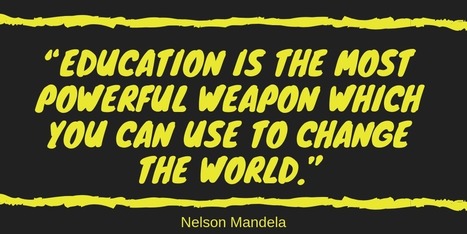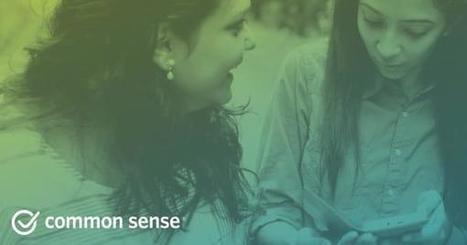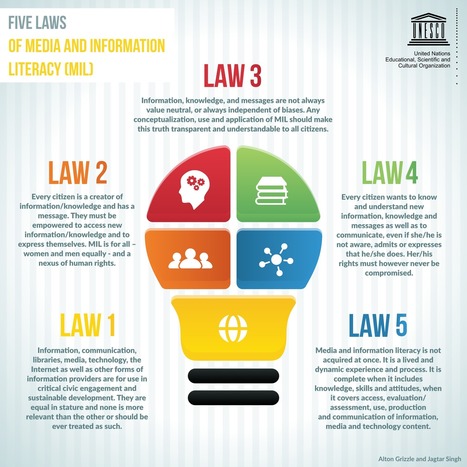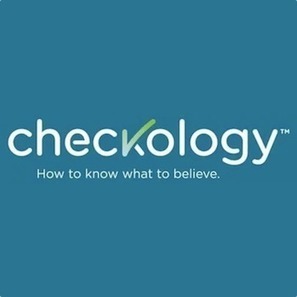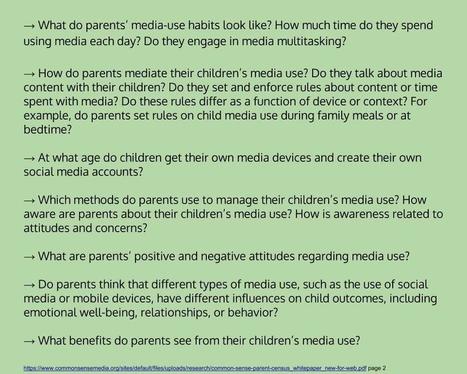I am passionate about showing kids how to use social media for good. And I am passionate about helping kindness go viral. When I see negative behaviour sifting to the surface, my instinct is to not engage, not perpetuate it further, and to combat negativity with positivity. But although that is my first instinct, I know there is definitely a need to help our students (and adults) become critical observers of how human behaviour unfolds both in person and on social media.
Sometimes we see in-person hate magnified and perpetuated by further negativity in the form of finger-pointing, making assumptions. This only serves to amplify further distrust and hate.
One such example happened last weekend and truthfully, I have been mulling over the event and this post ever since. I am talking about the incident which occurred on Saturday, January 19th whereby a Native American elder was mocked by a mob of teens at a rally in Washington, D.C., and the counter-narratives that present an alternative scenario. There is no doubt that the smirk on the face of the young boy was one of disrespect, but there is much more to the story than we originally thought in the first moments the video hit social media. The incident provides a good opportunity for a critical/media/information literacy lesson as well as conversation starter for students to reflect on issues of inequality and social justice and the role social media plays in amplifying hate, distrust and misinformation.
Chances are, your students would have seen the posts and/or the video, so it is also one they may pay attention to because it’s “real” and hits many curriculum expectations (reading, writing, oral communication, media)
Analyze the text (article, tweet, blogpost, video) using this criteria:

|
Scooped by John Evans |
No comment yet.
Sign up to comment



 Your new post is loading...
Your new post is loading...
